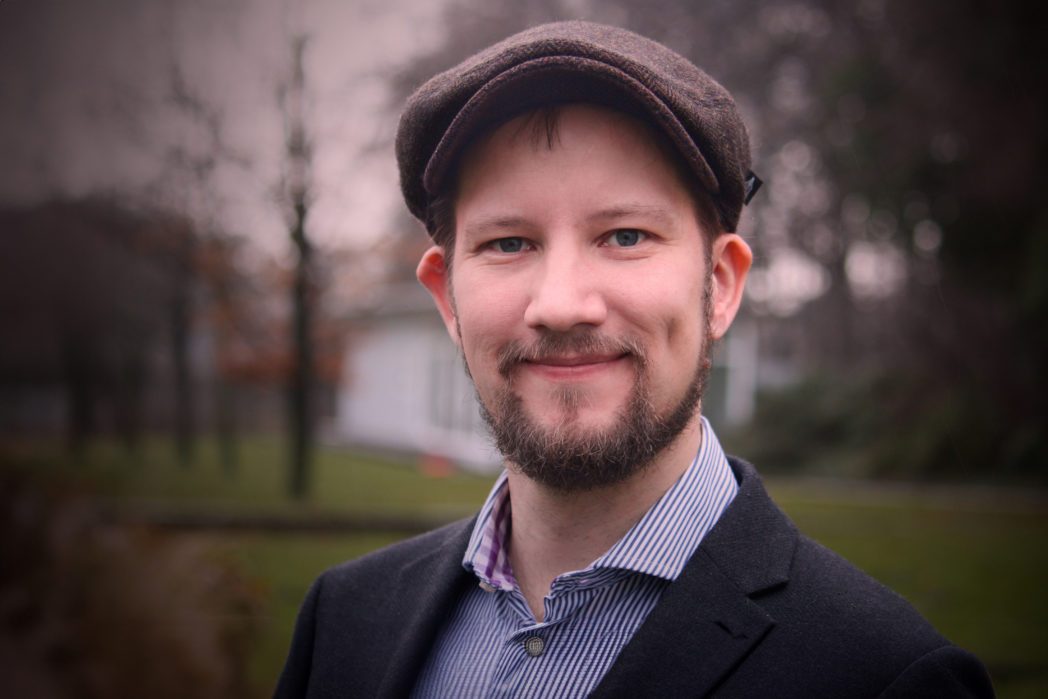
In January 2022, the new Faculty for Digital and Analytical Sciences (DAS) was established in Salzburg. You can find more information here.
The faculty is now being strengthened by three new interdisciplinary endowed professorships, co-financed by the state of Salzburg – including Franz-Benjamin Mocnik, who researches the communication of places. The mathematician, physicist, and geoinformation scientist combines the insights of these fields with cognitive sciences, cartography, geography, semantics, and philosophy of science. Since September 2023, he has been leading the endowed professorship for Space and Place in Information Sciences.
Description of places
Mocnik studies how places are described and conveyed, whether through maps, geographic coordinates, or subjective impressions in artworks. By combining various fields, he aims to understand how these different representations influence our relationship with places.
“Places appear in our everyday life. At the same time, they are often highly complex because many details interact. For example, why one feels so comfortable at their favorite place, such as a lake, is not easy to describe. It’s also not easy to capture with formal methods why your favorite café is exactly that one and not another, and how the waiter helps shape the atmosphere. We try to identify the characteristics and aspects that play a role in this process,” explains Mocnik.
Analysis of various representations
For his research, he analyzes both textual geographic descriptions and their representation in literature, art, and film – for example, Alfred Polgar’s description of Café Central in Vienna or the romantic image of Salzburg in “The Sound of Music” (1965). Mocnik also examines how these representations deviate from reality and how places can be conveyed in more diverse ways.
The goal of his work is to provide geographers with a tool to describe places even better – through symbols, texts, music, and sounds. “I want to find out how places and methods of communication interact, especially when we include the human-subjective component. At the moment, we don’t understand this in detail, but if we can better grasp it, this could potentially lead to a new school of thought.”
More information about the DAS Faculty at the University of Salzburg can be found here.
This might also interest you
6. March 2025
salz21: Necessary Steps for the Future
On March 5, 2025, salz21 | Home of Innovation once again provided a platform for future topics, innovations, and interdisciplinary exchange. More than 1,000 visitors took the opportunity to learn about current developments and discuss perspectives for tomorrow. Three topics were particularly dominant: climate protection, artificial intelligence, and a strong Europe.
5. June 2024
The Faculty of Digital and Analytical Sciences after 2 years – a review
Since its establishment two years ago, the Faculty at the Paris Lodron University of Salzburg has seen significant expansion. This was also supported by the State of Salzburg and Innovation Salzburg. On Tuesday, June 4, 2024, a review was presented at a press conference.
8. March 2024
How do we shape our future?
Political and technological challenges, as well as solutions to questions about the world of tomorrow, were discussed at the well-attended Innovation and Technology Forum salz21 on March 6th at the Salzburg Exhibition Center. Let’s take a look back at the panels organized by Innovation Salzburg.
17. January 2024
Research premium – this is how you apply!
SMEs can apply to the tax office for a research premium for expenditure on research and development (R&D). We show you how it works!